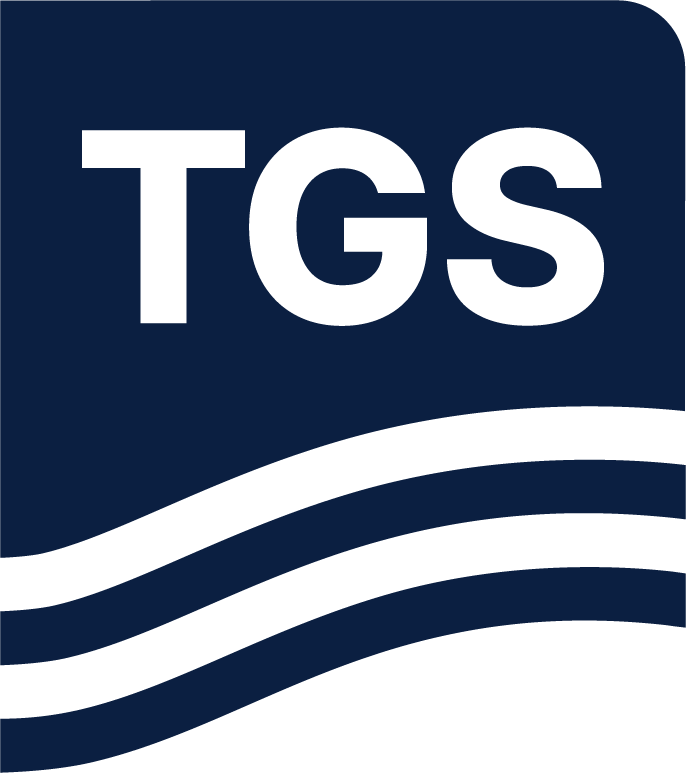Paper Summary
Areas covered by seismic exploration surveys are continuously increasing and the data recorded are becoming of very large size. In addition, conventional seismic processing and imaging is a long meticulous workflow which is time consuming and very expensive in terms of human and computational resources. Consequently, allowing seismic processing steps in a compressed domain can play a key role in the marine seismic industry as it would be a faster and cheaper alternative to the standard seismic processing sequence and would save cost on storage and data transfer. Parabolic dictionary learning has the ability to compress the seismic data by transforming them into an appropriate sparse domain, and also to extract local parameters which relate to the kinematics of the wavefield. In this paper, we use these kinematic parameters to correct for the geophone obliquity problem and thus enable the dual sensor wavefield separation processing step in the compressed domain. Without the need for data interpolation, our method succeeds in reconstructing aliased events and shows comparable results to an industry-standard FK based algorithm in terms of up- and down-going pressure fields reconstruction. It also comes with the advantage of compressing the data by a factor higher than 10.

